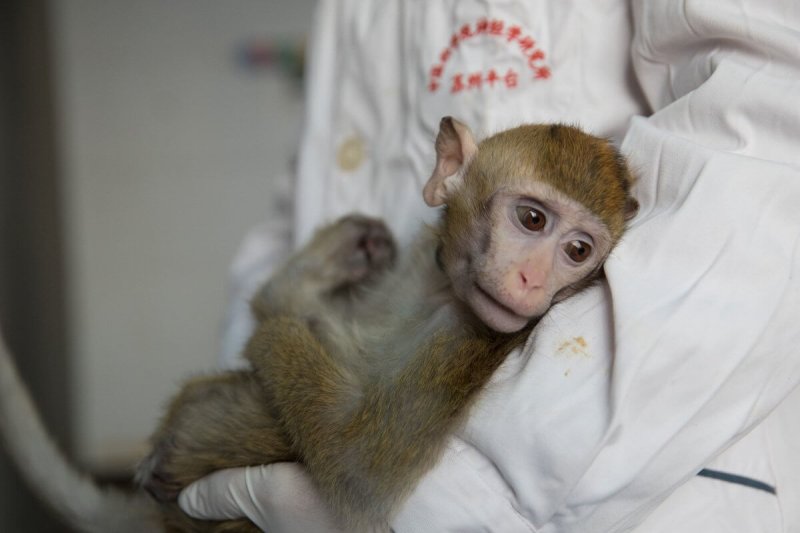China now has at least four groups of CRISPR researchers doing gene editing with large colonies of monkeys. “The most startling part of what is coming out of China is seeing how they have just a brute-force approach,” says reproductive biologist Jon Hennebold at the Oregon National Primate Research Center in Hillsboro. “The level of animal support they have to do those experiments is really astounding.”
It’s not just monkeys. China’s researchers have racked up a long list of CRISPR firsts in dogs, mice, rats, pigs, and rabbits. That research promises higher quality meats, disease-resistant livestock, and new medical treatments and organs for human transplantation. So far, many of the animals are simply proofs of concept. Despite the multitude of CRISPR-altered monkeys, for example, Chinese teams have published “very little follow-up” [Hennebold said].
…
But few people doubt that China will persist with its animal-editing binge. “This is a country and a culture that really values science and technology,” says Jennifer Doudna of the University of California, Berkeley, who helped develop CRISPR into an editing tool. “Their government has put very serious money into it, and they’re walking the walk.”
Read full, original post: China’s CRISPR push in animals promises better meat, novel therapies, and pig organs for people































